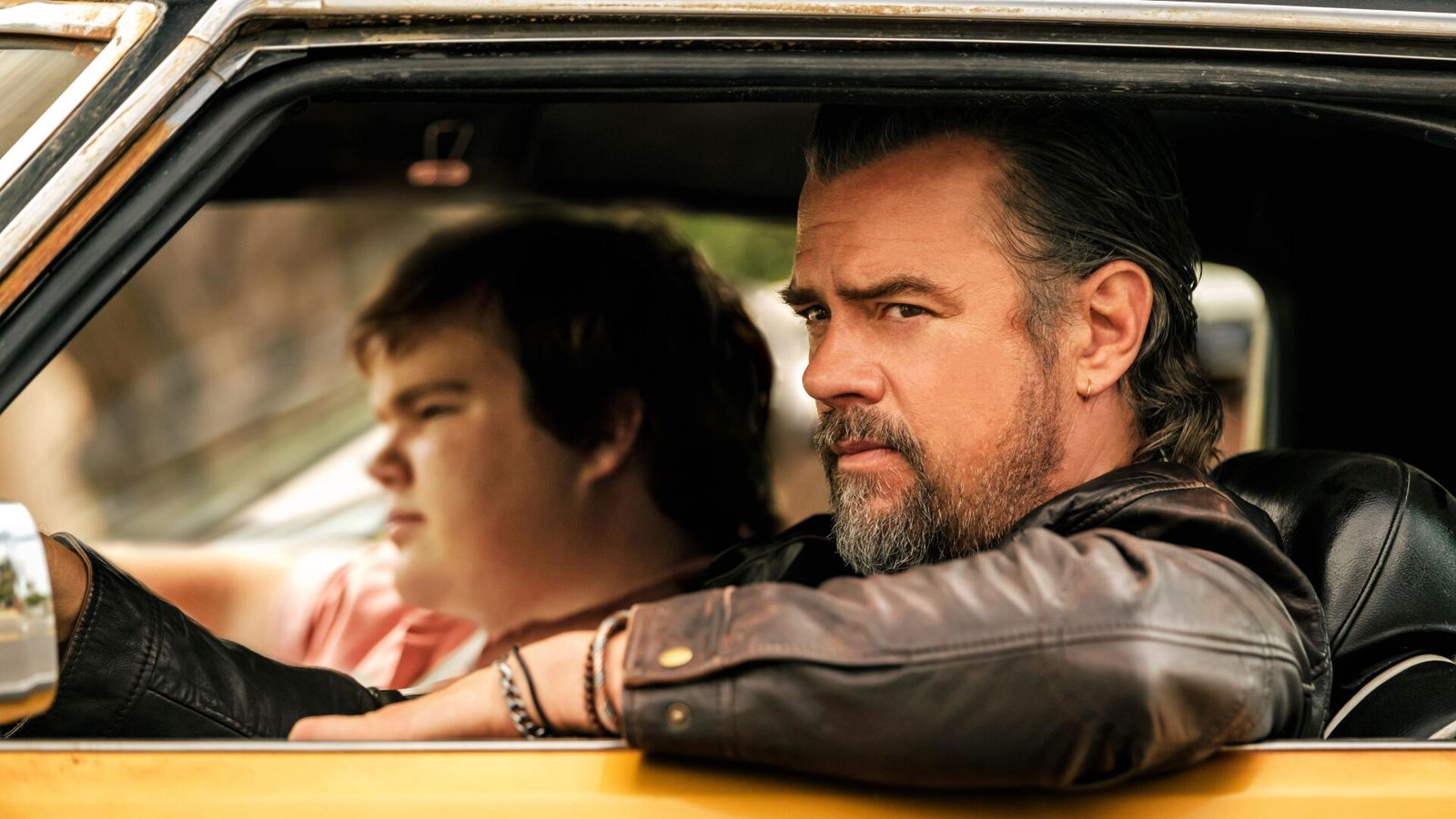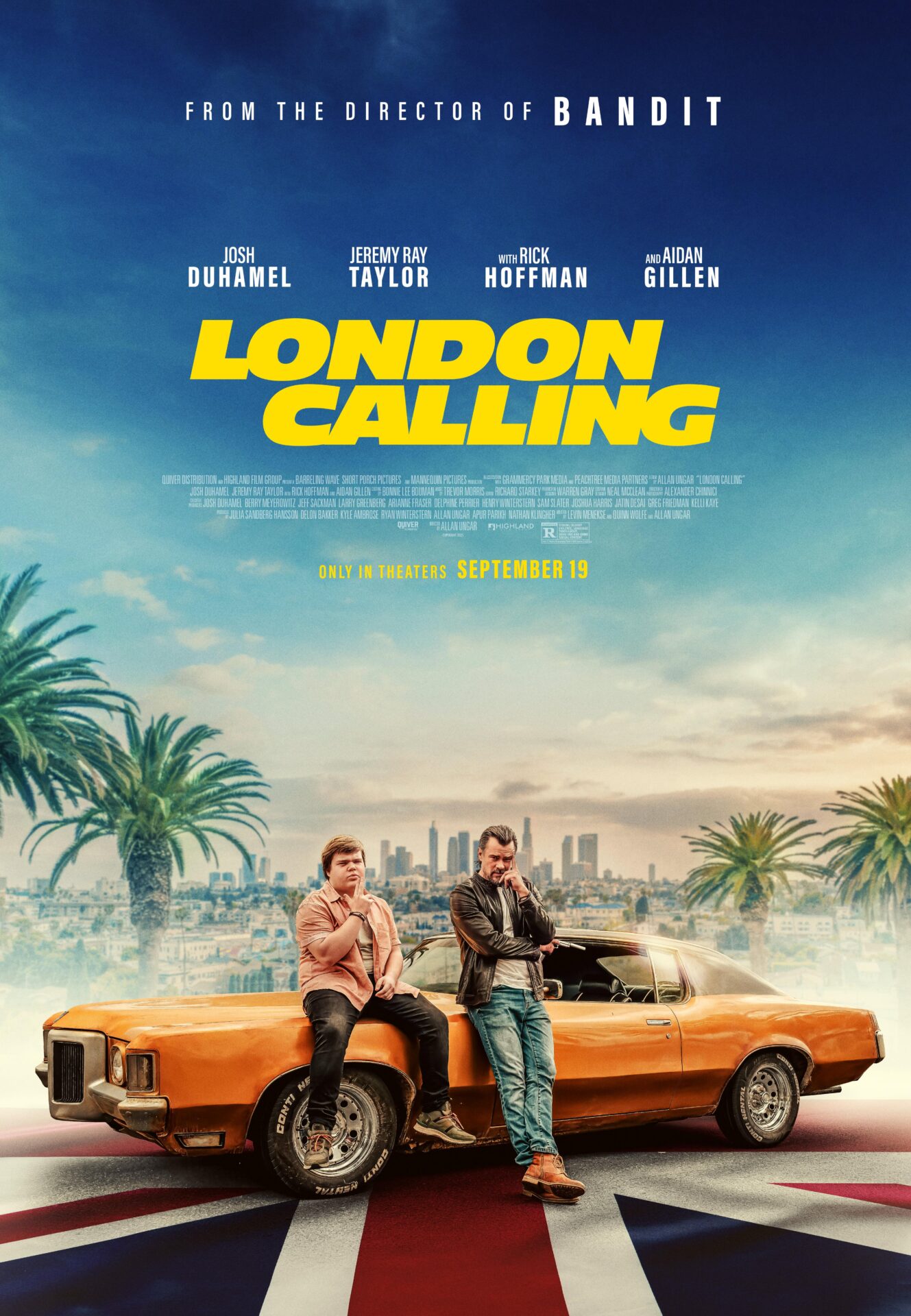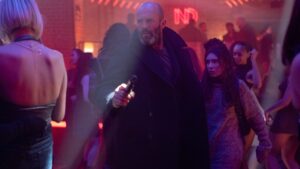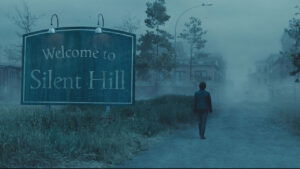From the mind behind Bandit, Toronto director Allan Unger brings London Calling. It was strangely a very Father’s Day-vibe movie—in all the good ways. It has parental issues, exploding vehicles, aging out of a job, shootouts, and…LARPing? This was like watching Role Models or Ride Along meets John Wick—with a blend of the Nobody films.
After accidentally killing the relative of London’s most powerful crime boss, mediocre hitman and ex-pat Tommy Ward (Josh Duhamel) flees to Los Angeles. To secure safe passage back to the U.K. and reunite with his son, Tommy strikes a deal with his new employer, Benson (Rick Hoffman): teach Benson’s socially awkward son, Julian (Jeremy Ray Taylor), how to “be a man.”
What begins as a reluctant mentorship turns chaotic when Tommy is forced to bring Julian along on a contract killing targeting a notorious assassin. The supposed ride-along quickly unravels into mayhem, leaving Tommy and Julian fighting to survive the night—Tommy to return to his son, and Julian to earn his father’s approval. But the hitman may have taken on more than he can handle.
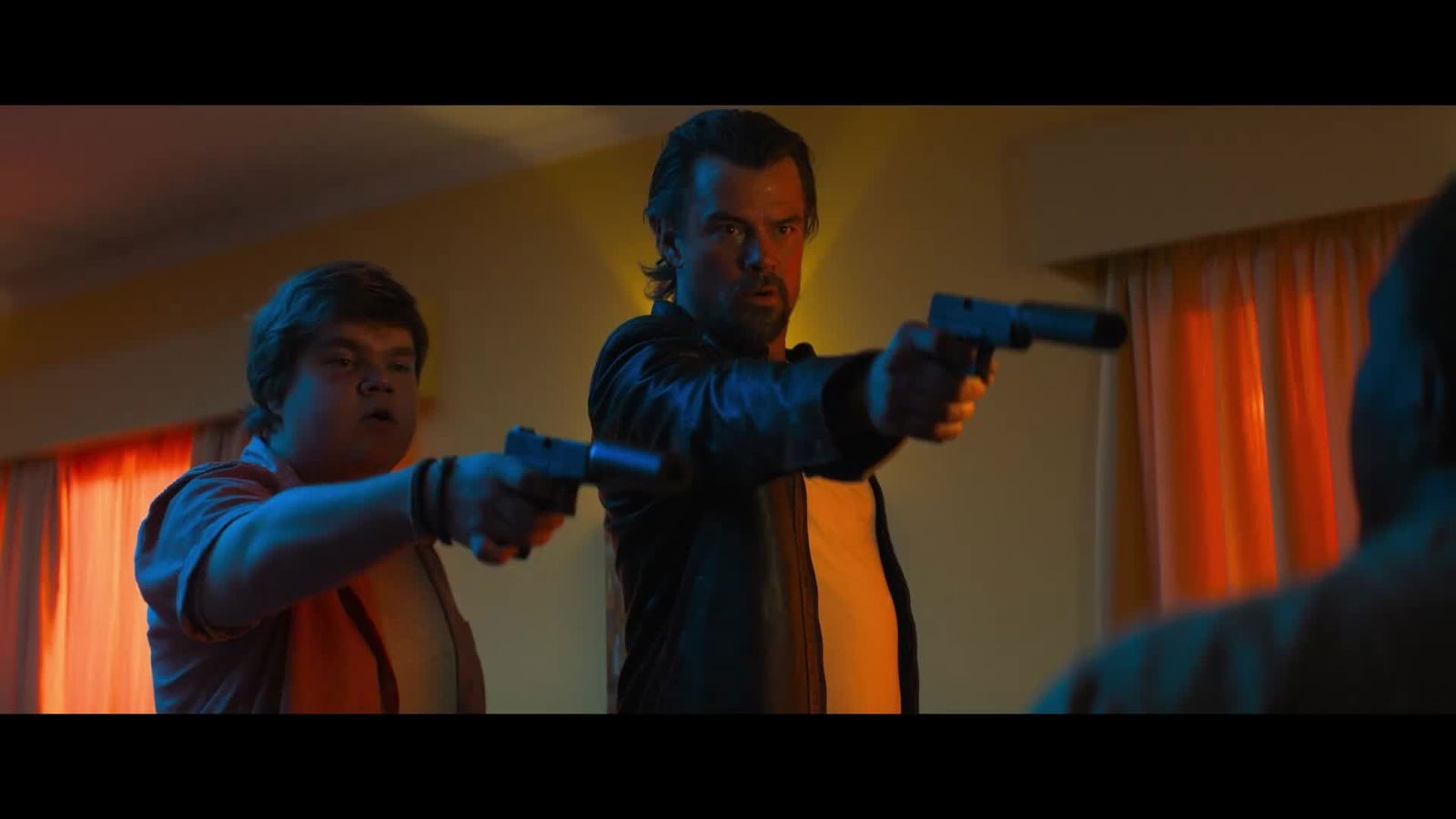
Strangely enough, Duhamel’s bald head in London Calling was not a bad look to open the film—looked like he came out of a Hitman game! Duhamel’s Tommy worked perfectly for this movie because of his natural ability to play off of his co-stars, especially the great chemistry he showed with Taylor’s Julian. He was able to physically bounce off against Hoffman’s part-antagonist role that felt very similar to his role as Louis Litt on Suits, where he spouts a bunch of nonsense to sound like a superior person.
The film’s funniest writing came from its crime bosses. Each one had a moral code or saying they lived by, with the gag played up every time. At points it felt excessive, but it still earned laughs. Even Tommy had his own running joke: his poor eyesight, a reminder that he’s getting too old to shoot accurately from a distance.
“London Calling works as a nice, fun action flick. Behind all the machismo and male adrenaline is a lot of heart.”
At the core of London Calling are two central themes: fatherhood and aging—though the latter ultimately circles back to fatherhood. The film weaves in multiple fathers and relatives, creating different perspectives on what it means to be a good dad. In that sense, it’s fitting that Tommy’s journey becomes a lesson in fatherhood, as he struggles to return to the U.K. to reunite with his son.
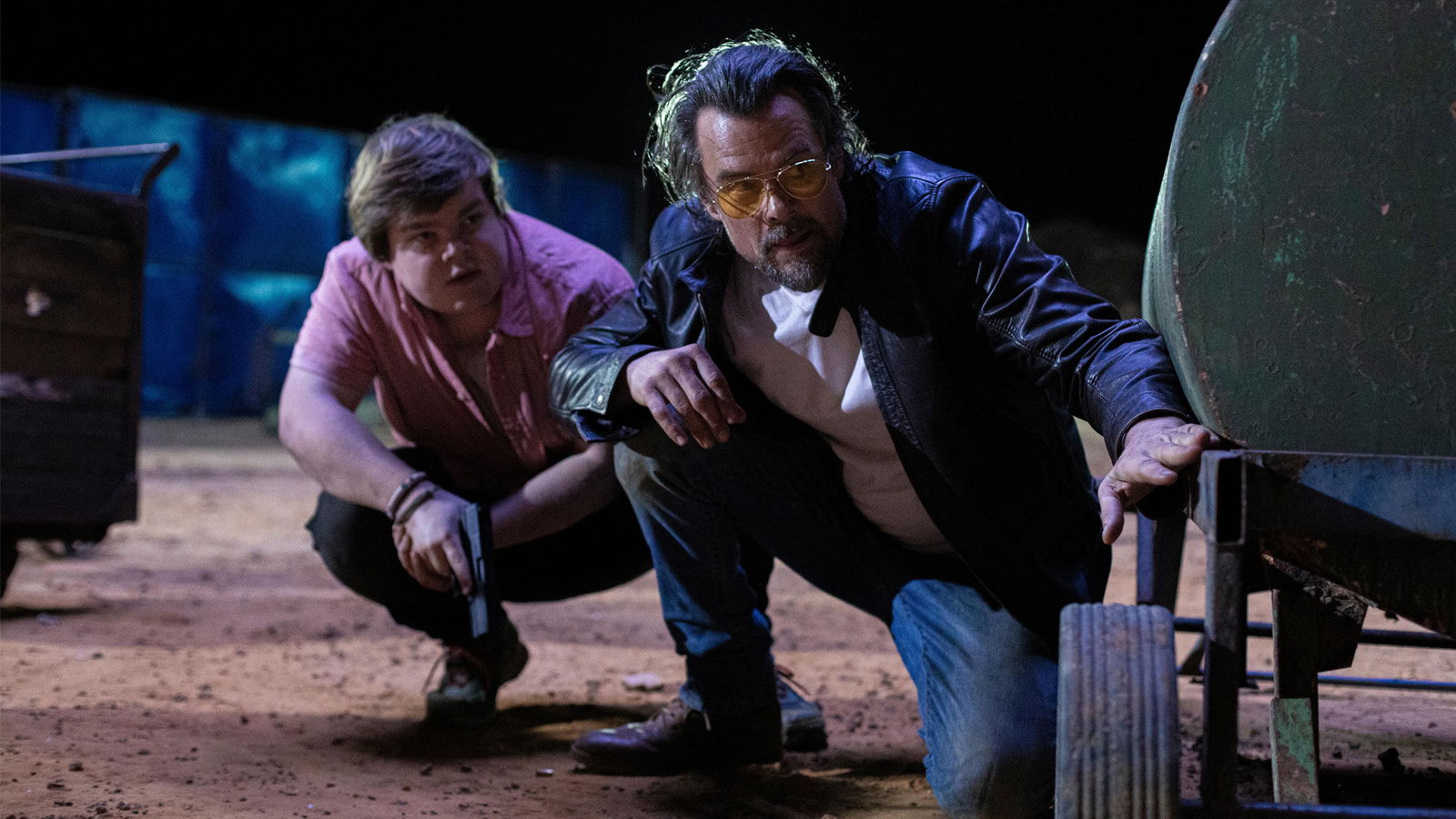
The main criticism I have of London Calling is its treatment of nerd culture and the LARPing community, which in 2025 feels dated. The film plays it as a punchline about being unmanly, a joke that no longer lands in an era where streamers, creators and fans have embraced Dungeons & Dragons, renaissance fairs and cosplay. Even in 2008, when Role Models leaned on similar humour, it already felt out of place. That said, the action set pieces around the battles were enjoyable, and I appreciated that Tommy still respected Julian for his interests.
One unexpected delight was the needle drop of Vengaboys’ We Like to Party, which made me smile simply because it has been so long since I last heard it—especially in a film. The use of London Calling by The Clash was cheeky and on the nose, but fitting. Trevor Morris’ score was unspectacular yet effective, with playful violins underscoring the comedy, fast-paced rhythms driving the action and softer notes accompanying emotional beats. The near absence of silence suited the film’s energetic tone.
Although the story was set in Los Angeles, the film was shot in Cape Town, South Africa. Seeing this in the end credits was surprising, as the desert landscapes convincingly resembled those around Los Angeles and its surrounding areas.
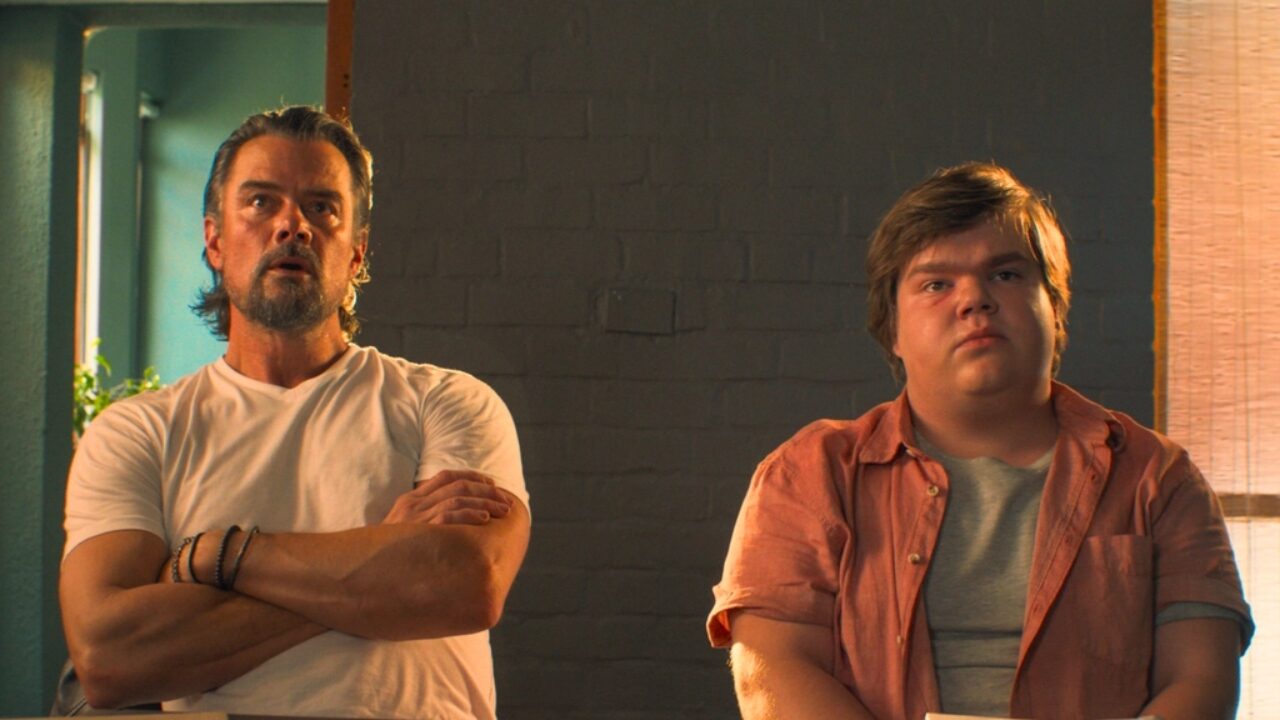
Even though Father’s Day is long past and not coming around again for a while, London Calling works as a light, entertaining action flick. Beneath the machismo and adrenaline is a surprising amount of heart. The cinematography may not be groundbreaking, but it suits the tone of an action comedy. At 114 minutes, the runtime feels a little long for this style of film, yet Duhamel and Taylor’s chemistry and dialogue carry it through, making for an engaging watch.
